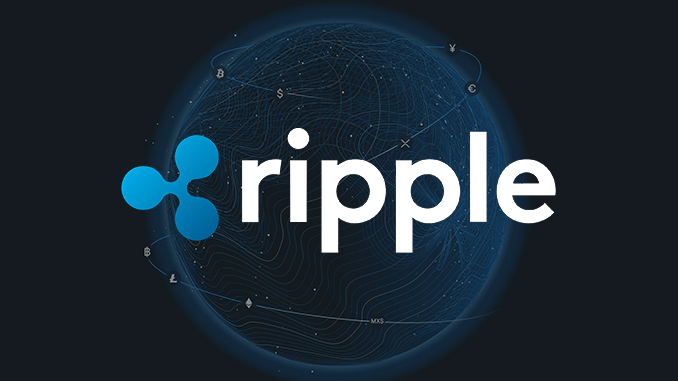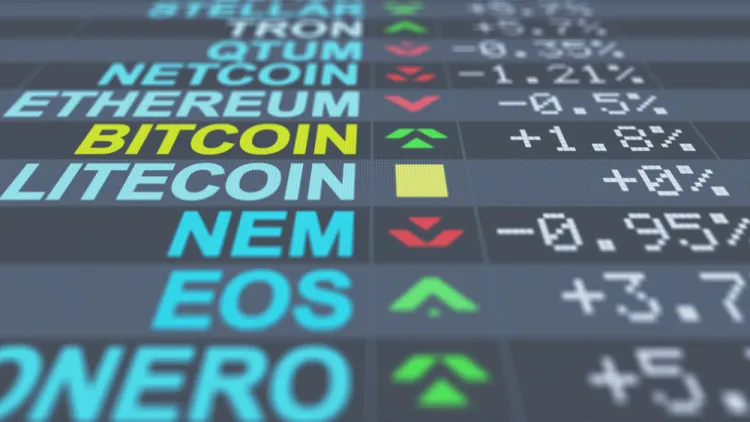Ripple is not the only blockchain platform that provides solutions for global transactions. Check out how other companies compare when it comes to contracting, deployment and support services as well!
The most direct competitor to Ripple – Stellar
Boasts a distributed ledger technology that is very similar to Ripple’s. Although it doesn’t enjoy the same level of brand recognition, Stellar has managed to attract some big-name partners, such as IBM and Deloitte. Stellar also offers low transaction costs and a focus on developing markets, making it an attractive choice for businesses or individuals looking to execute international payments. At 12 local banks, IBM wanted to reduce validation and settlement times. Although there have been many blockchain collaborations in the financial services industry, relatively few have opted to employ the native cryptocurrencies, like IBM did with Stellar’s Lumens.
Ethereum
Ethereum is Ripple’s main competitor when it comes to blockchain-based global transaction solutions. The company provides a decentralized platform that runs smart contracts, which Ripple does not.
Bitcoin
Bitcoin is the first and most well-known cryptocurrency, Ripple’s main competitor in terms of digital payments. Ripple is faster and more efficient when it comes to global transactions, but Bitcoin is more widely accepted.
Hyperledger Fabric
Hyperledger Fabric is a Ripple competitor that provides an enterprise-grade permissioned blockchain infrastructure. The company has the support of major tech companies like IBM, SAP, and Intel.
R3 Corda
R3 Corda is another Ripple competitor that provides blockchain solutions for the finance industry. The company has the support of major banks like HSBC, Barclays, and ING.
Quorum
Quorum is an enterprise-focused version of Ethereum developed by JPMorgan. The company provides similar solutions to Ripple, but Ripple is faster and more efficient.
Wanchain
Wanchain is a blockchain platform that focuses on digital asset exchange and payments. The company provides solutions similar to Ripple, but it has yet to gain the same level of traction.
Chainlink
Chainlink is a decentralized oracle network that connects off-chain data with blockchain applications. While Chainlink does not provide direct competition for Ripple, it does provide complementary services that could be used to improve Ripple’s global payment solutions.
Iota
Iota is a Ripple competitor that provides feeless, quantum-resistant blockchain solutions. The company has the support of major corporations like Microsoft and Samsung.
NEM
NEM is a Ripple competitor that provides blockchain solutions for enterprises. The company has the support of major corporations like Hitachi and Fujitsu.
Waves
Waves is a Ripple competitor that provides blockchain solutions for enterprises. The company has the support of major corporations like Deloitte and Microsoft.
Cardano
Cardano is a Ripple competitor that provides blockchain solutions for enterprises. The company has the support of major corporations like Samsung and IBM.
Ripple competitors: Conclusion
Ripple is not the only company that provides blockchain-based global transaction solutions, but it is one of the most well-known. The company has a number of major competitors, each with its own strengths and weaknesses. Ripple is faster and more efficient than many of its competitors, but some competitors have more widespread adoption or are better suited for specific industries. Ultimately, it is up to the user to decide which platform is best for their needs.


